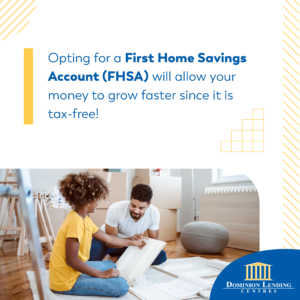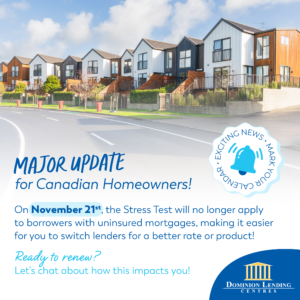
Self-Employed in Canada? Here’s What to Know to Stay Tax-Savvy All Year Round!
If you’re self-employed — whether full-time or part-time — tax season can feel like a lot. You’re tracking receipts, juggling multiple income sources, and trying to follow CRA rules. It’s no wonder so many people feel confused.
The good news? A little clarity goes a long way. With a few simple strategies, you can stay ahead and avoid costly mistakes.
1. Yes, You Do Need to Report That Income
Made $50 selling on Etsy? Earned a few hundred from dog-sitting? You must report all of it.
There’s no income minimum. If you earned it, the CRA expects to see it. In fact, digital platforms like DoorDash, Etsy, and Airbnb now report your earnings directly. So even if you don’t mention it, they might.
To avoid trouble, be upfront and accurate. After all, unreported income can lead to serious penalties or even criminal charges.
2. Don’t Miss These CRA Deadlines
While the April 30 tax deadline has passed, there are still important dates to keep in mind:
- June 15 (2025): You can file by this date if you or your spouse are self-employed.
- However, any balance owed should have been paid by April 30 to avoid interest.
To stay on track, set calendar reminders early. Filing late leads to stress, interest charges, and penalties that are easy to avoid.
3. Keep Better Books — Your Future Self Will Thank You
You won’t get a T4 if you’re self-employed. That means it’s on you to track everything — and doing it well can save you time and stress.
Start with these steps:
- Record all payments from clients, platforms, and contracts.
- Keep receipts for purchases linked to your business.
- Log business-use mileage, home office expenses, and other deductions.
Clear, organized records make tax season smoother. Plus, they help if you plan to buy a home or apply for financing later on.
4. Don’t Leave Deductions on the Table
Many self-employed Canadians miss out on valuable deductions. Don’t be one of them.
You might be able to claim:
- Home office expenses (used regularly for work)
- Part of your phone and internet bills
- Vehicle and mileage costs for business travel
- Supplies, marketing, software, and accounting fees
Instead of guessing, ask a CPA or use tax software built for self-employed people. By understanding what qualifies, you can save more than you expect.
Final Thought: Confidence Over Chaos
Freelancers, consultants, and small business owners all face the same challenge — taxes. However, with a clear plan and steady habits, you can reduce stress and even keep more money in your pocket.
So don’t let the rules trip you up. Be proactive, stay organized, and know when to ask for help.
Still unsure about what to report or how to stay organized? Reach out — I work with self-employed Canadians every day and can help.
#SelfEmployedCanada #TaxTips2025 #CRARules #FreelanceLife #CanadianTaxes #SmallBusinessSupport #BookkeepingTips #TaxDeductions #SideHustleCanada #GigEconomy






